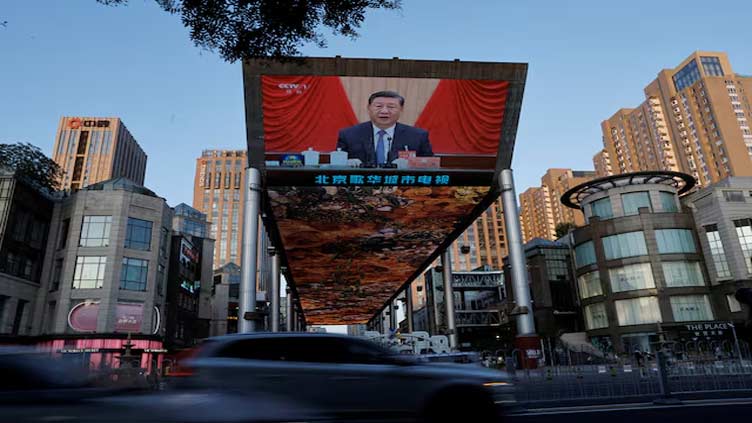China publishes policy agenda with few implementation details

World
The document follows the closed-doors Central Committee meeting
BEIJING (Reuters) - China released a 60-point document on Sunday on policy goals, ranging from developing advanced industries to improving the business environment, adopted at the end of a Communist Party Central Committee meeting, but with few implementation details.
The document follows the closed-doors Central Committee meeting, led by President Xi Jinping, which takes place once in roughly five years, and is known as a plenum.
It took place on July 15-18 as the world's second largest economy faces a prolonged property crisis, surging debt, low consumer and business sentiment, and trade tensions as global leaders are increasingly concerned by China's export dominance.
The document said markets will play a decisive role in resource allocation, that the government will work on legislation to improve conditions for the private sector, and will introduce fiscal, land and financial reforms.
Other policy targets included boosting affordable housing, improving job opportunities for young people and the standard of living for the elderly.
Like most documents of this kind, it did not say how Chinese leaders intended to reach those goals, many of which would require policies that are contradictory in nature, as Party officials acknowledged on Friday.
Beijing has never explained, for instance, how to get consumers to spend more when resources flow primarily to producers and infrastructure, or how it plans to stimulate growth, while curbing debt.
At a plenum in 2013, Beijing launched a policy agenda that included most of the goals listed in Sunday's document, but also ambitions to liberalise financial markets and make domestic consumption a more prominent driver of growth.
A capital outflows scare in 2015 halted many of these plans.
Many analysts say national security considerations have pushed China in the opposite direction in recent years, tightening control over large parts of the economy and carrying out regulatory crackdowns on industries, including tech and finance.


